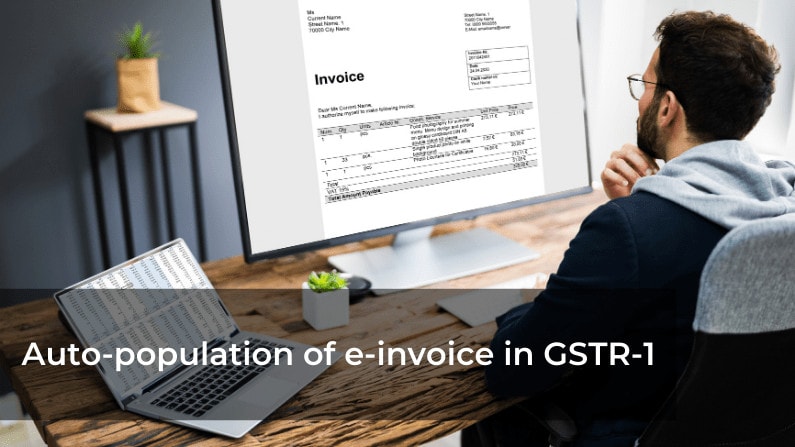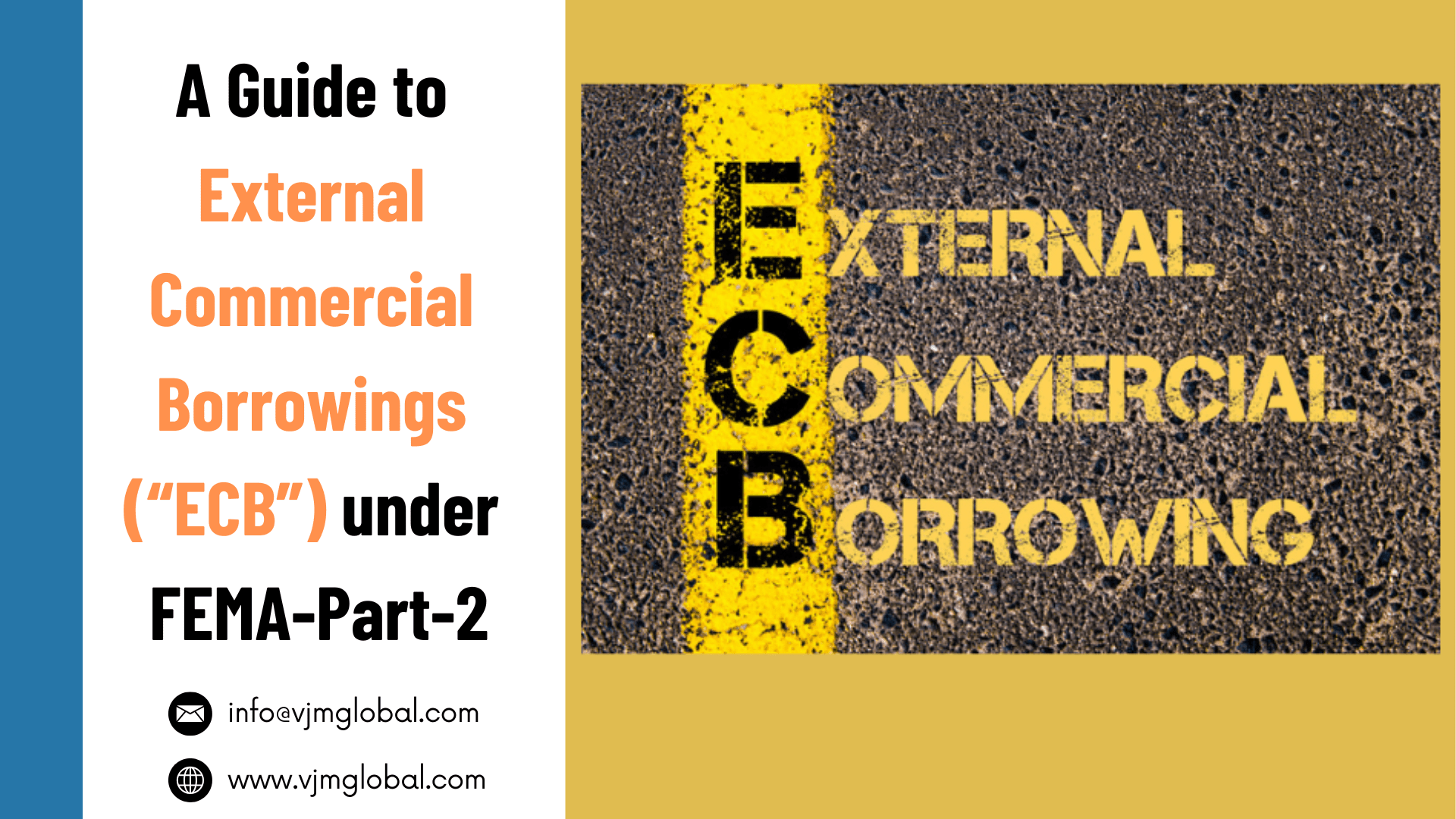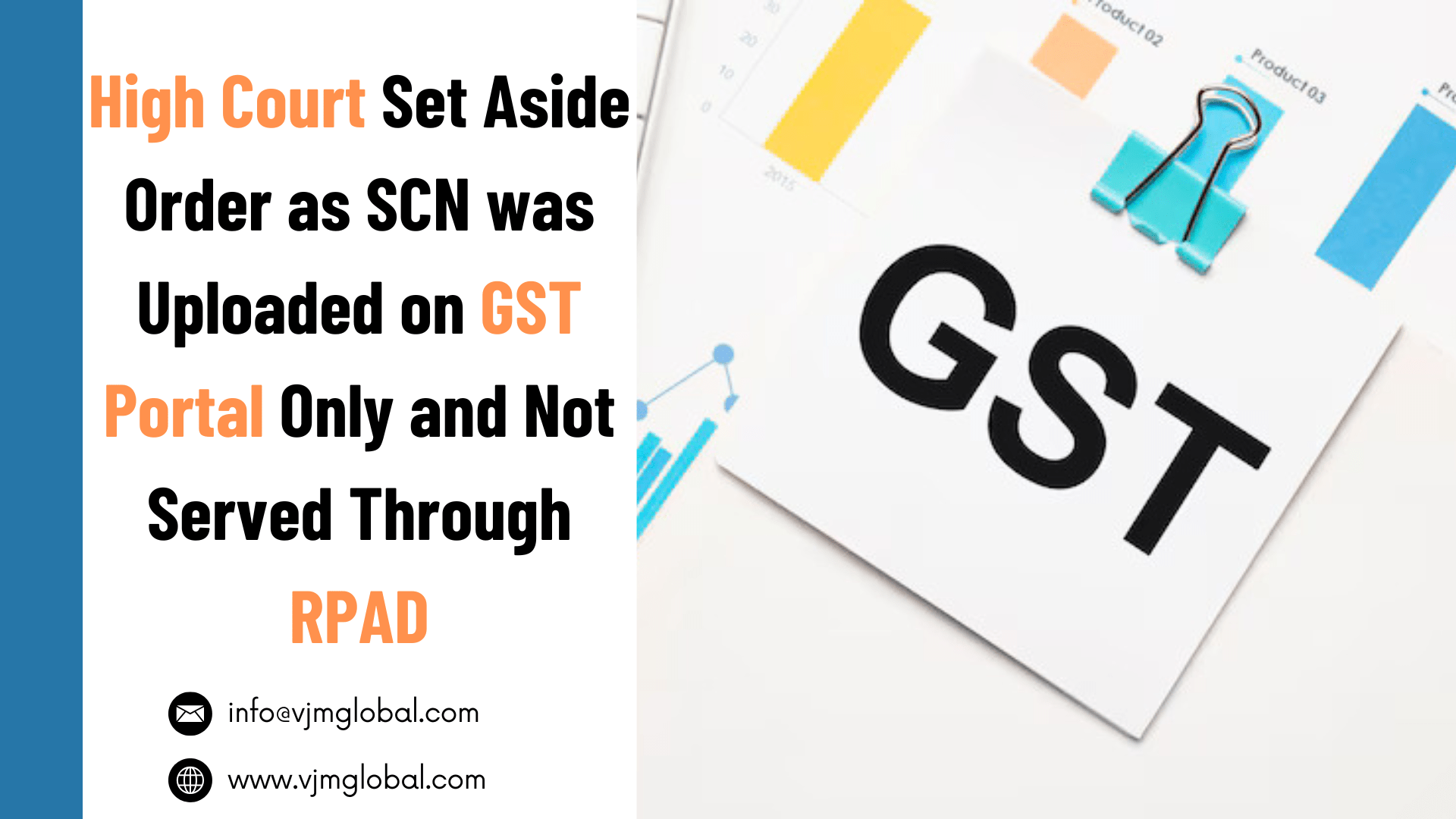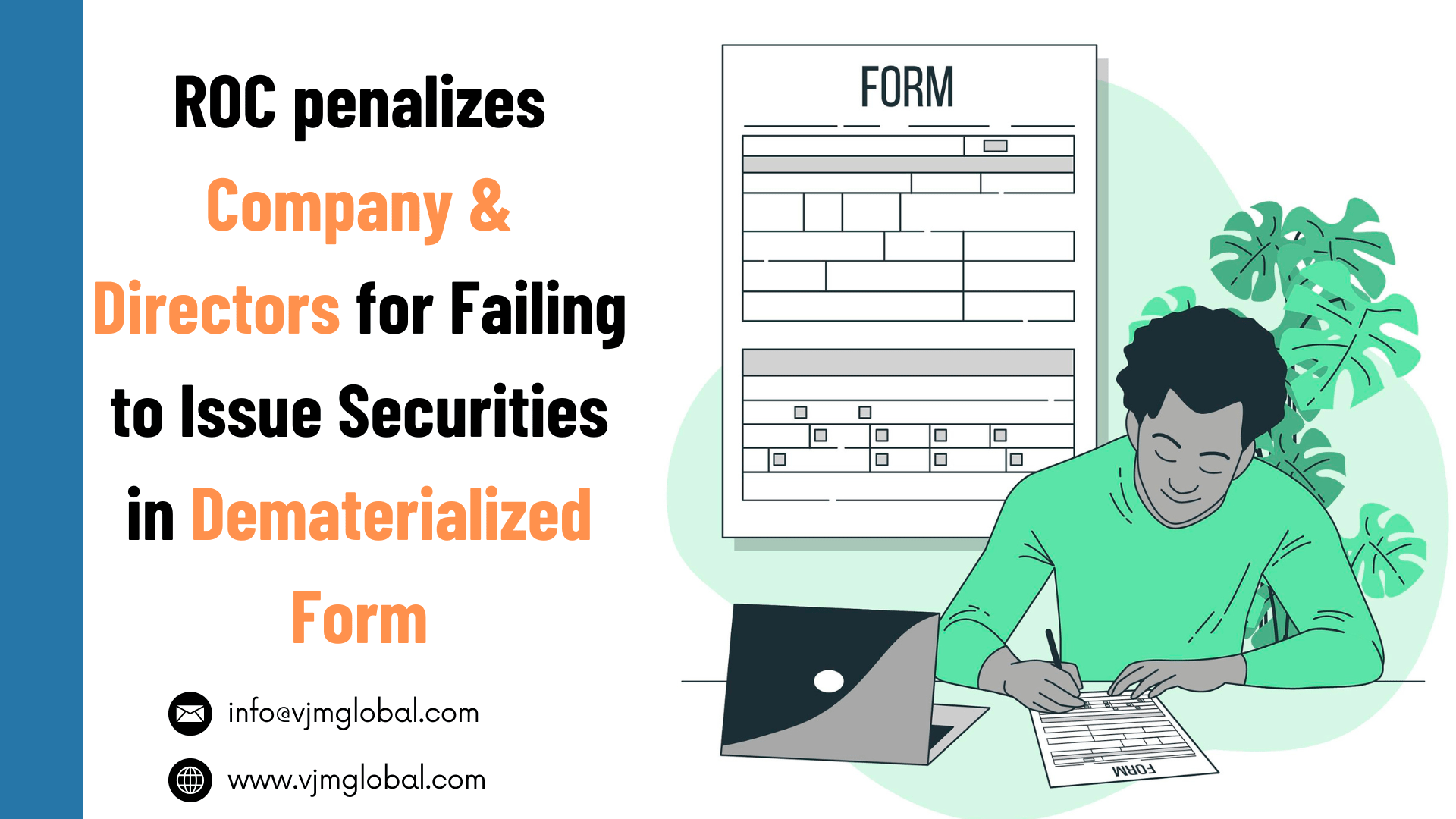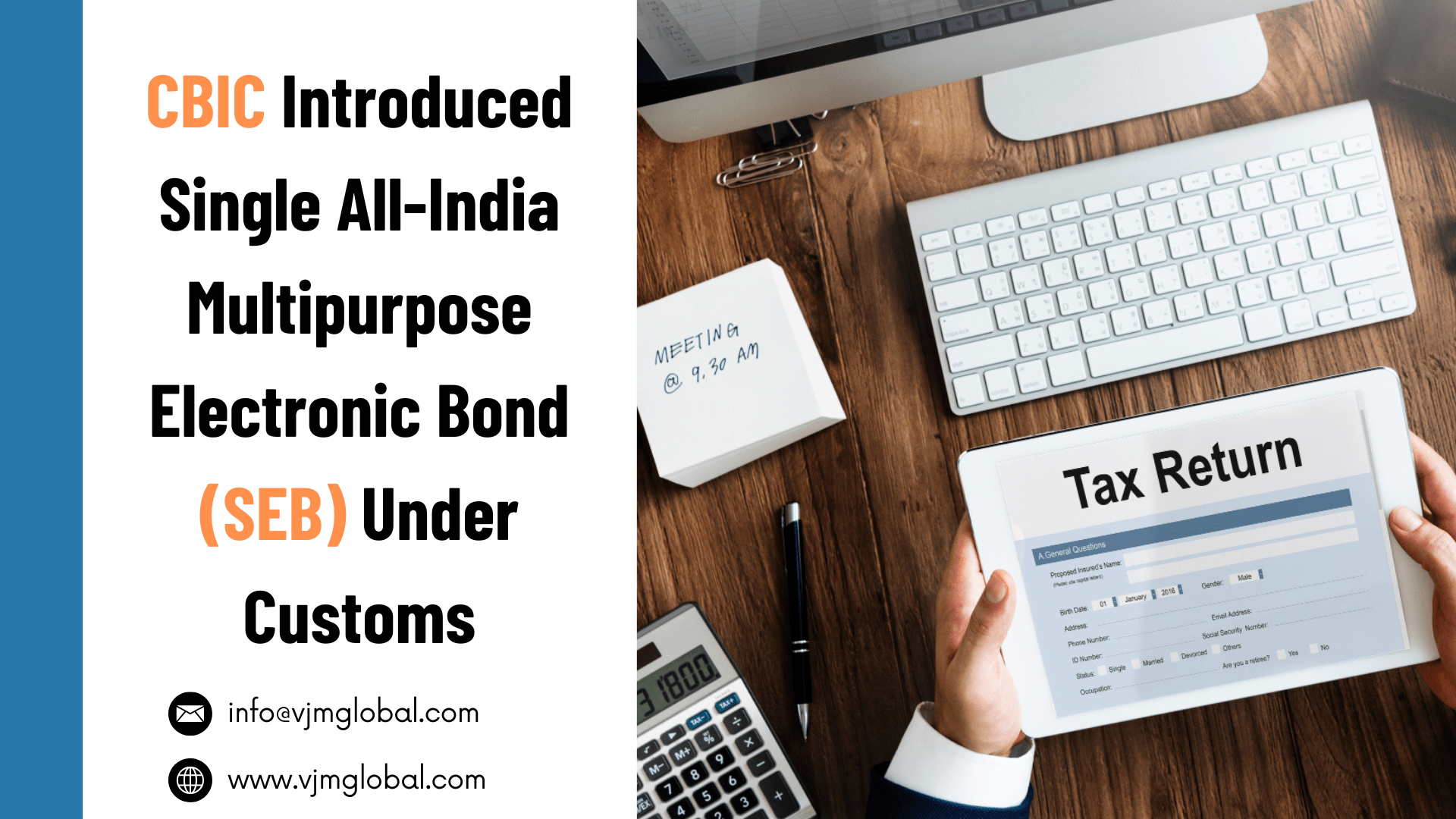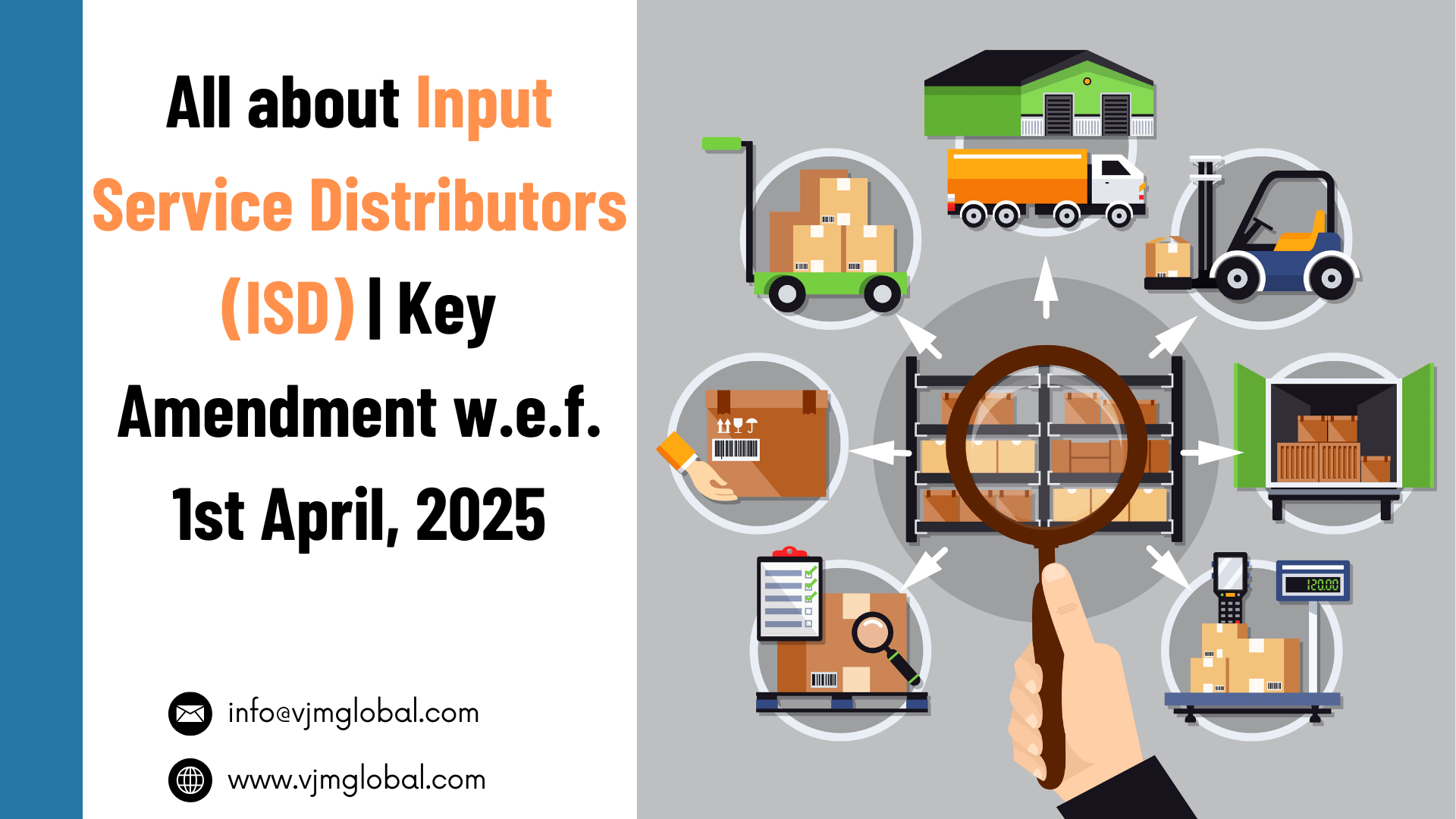Generation of electronic invoices has been made mandatory for all taxpayers having aggregate turnover of more than 100 Crores during the preceding financial year.
With effect from 1-10-2020, certain notified taxpayers started issuing invoices after obtaining Invoice Reference Number (IRN) from Invoice Registration Portal (IRP) (commonly referred as ‘e-invoices’). From 1-1-2021, the taxpayers with aggregate turnover above ₹ 100 Cr. during preceding Financial Year also started generating invoice IRN from IRP portal.
1. Manner of Auto-population of e-invoice
As per Advisory issued by CBIC, details of e-invoices shall auto-populate in GSTR-1 in following manner:
- Upon generation of e-invoice, details of such invoice shall start auto-populating in respective table of GSTR-1 of the supplier.
- Auto-populated details can be downloaded in excel file through clicking on “Download details from e-invoices (Excel)” tab available in GSTR-1.
- In case GSTR-1 for corresponding period is already filed then details of e-invoices can be downloaded in excel.
- Please note that the auto-populated details in this excel file are as reported on e-invoice portal Invoice Registration Portal (IRP). So, any subsequent modifications made to the auto-populated documents (in GSTR-1 tables) would not be reflected in this excel file.
- Details of invoices will auto-populate based on document date i.e., If the document is dated 31st January, 2021 and IRN is generated on 2nd February, 2021 then such invoice will appear in GSTR-1 of January, 2021.
- Following details shall auto-populate in following tabs of GSTR-1:
| Type of supplies | Auto-populated in GSTR-1 Table |
| Taxable outward supplies made to registered persons (other than reverse charge) | Table 4A of GSTR-1- Supplies other than those (i) attracting reverse charge and (ii) supplies made through e-commerce operator |
| Taxable outward supplies made to registered persons attracting reverse charge | Table 4B – Supplies attracting tax on reverse charge basis |
| Export supplies | Table-6-Exports |
| Credit or debit notes issued to registered persons | Table 9B – Credit or debit notes (Registered) |
| Credit or debit notes issued to unregistered persons | Table 9B – Credit or debit notes (Unregistered) – with UR type as Exports with payment and without payment of tax |
- If any invoice contains multiple items, then for the purpose of auto-population of data in GSTR-1, information shall aggregate at rate level.
E.g., If an Invoice contains Item A (GST rate-5%) of INR 100, Item B (GST Rate-12%) of INR 150 and Item C (GST Rate-5%) of INR 200 then in GSTR-1, Turnover under GST Rate of 5% will appear INR 300 and turnover under Rate 12% will appear of INR 100.
- Following additional information shall also appear in GSTR-1:
- Source (e-invoice)
- Invoice Reference Number (IRN)
- Invoice Reference Number Date (IRN Date)
- In case of cancellation of IRN, shall document shall get deleted from GSTR-1.
- Details of e-invoices auto-populating in GSTR-1 can be edited/deleted by the taxpayer. However, in such cases, the ‘Source’, ‘IRN’ and ‘IRN date’ fields will be reset to blank in respective tables of GSTR-1. Such edited documents will be treated as if they were not auto-populated but uploaded separately by the taxpayer.
- Before filing GSTR-1, taxpayers should review the details of e-invoices auto-populated in specified tables:
- By viewing them online on GST Portal, or
- By downloading the JSON from GST Portal, or
- By using APIs via GSP
- Taxpayers should modify/update only those documents where the details auto-populated from e-invoices are not as per the actual invoice issued.
- Supplies not auto-populating in GSTR-1 should be added manually by the supplier.
- ‘e-invoice download history’ tab can be used to view the list of the last five downloaded files.
- The excel file downloaded from GSTR-1 dashboard page will have details of all the e-invoices received from Invoice Registration Portal (IRP) including cancelled invoices.
- Following additional information relating to such e-invoices will also be available:
- Invoice Reference Number (IRN) – 64 string hash
- Date of Invoice Reference Number (IRN date)
- e-invoice Status – Valid/ Cancelled
- Date of auto-population/ deletion (in case of canceled IRN) will be the date when the e-invoice details are auto-populated in GSTR-1 or when the IRN was cancelled. Any subsequent modifications made to the auto-populated documents (in GSTR-1 tables) would not be reflected in this excel file.
- GSTR-1 auto-population / deletion status (either of the following):
- Auto-populated,
- Deleted,
- Auto-population failed,
- Deletion failed
- Error in auto-population/ deletion – Error description, if any
2. Date of reflection of Invoices in GSTR-1
Data in GSTR-1 appears on a T+3 basis, i.eTransaction date plus 3 days. Therefore, if data is updated on 1st January, 2021 then it will reflect in GSTR-1 from 4th January, 2021.
3. Error in auto-generation of GSTR-1 of December, 2020
As per complaints received from taxpayers, GSTN observed that while pulling the e-invoice data for the month of December, 2020 into GSTR-1, details of some invoices were not populated into GSTR-1. GSTN is working on priority to rectify such inadvertent gaps and details of those invoices will be pushed to GSTR-1 shortly.
However, GSTN has advised taxpayers that they should not wait for the same and should proceed with preparation and filing of GSTR-1 for the month of December, 2020 (before the due date), based on actual data as per their records.
As advised earlier, the taxpayers may modify/delete only those documents where the details auto-populated from e-invoices are not as per the actual documents issued.
Further, the details of e-invoices auto-populated in GSTR-1 can be edited/deleted by the taxpayer. However, in such cases, the ‘Source’, ‘IRN’ and ‘IRN date’ fields will be reset to blank in respective tables of GSTR-1 and accordingly won’t get reflected in corresponding GSTR-2A/2B/4A/6A. Such edited documents will be treated as if they were not auto-populated but uploaded separately by taxpayer.
Other than the details auto-populated from e-invoices, taxpayers can add invoices not appearing in GSTR-1 in respective tables of GSTR-1.
An additional facility of consolidated excel download of all documents auto-populated from e-invoices is available in GSTR-1 dashboard. This file includes details of cancelled documents also.


